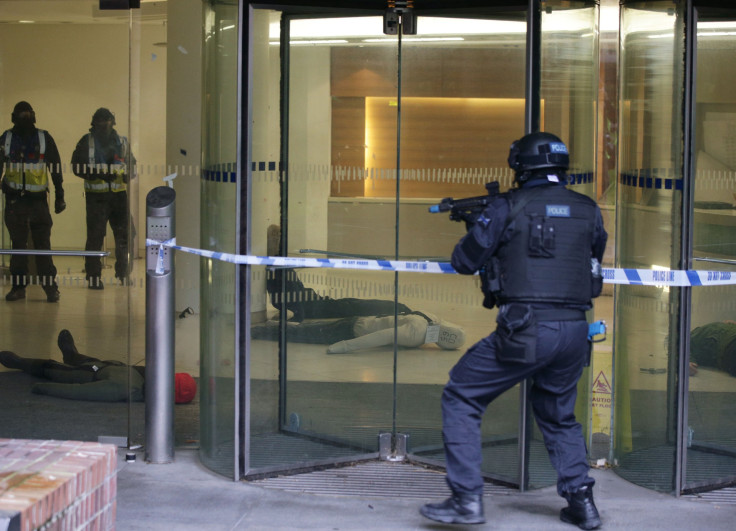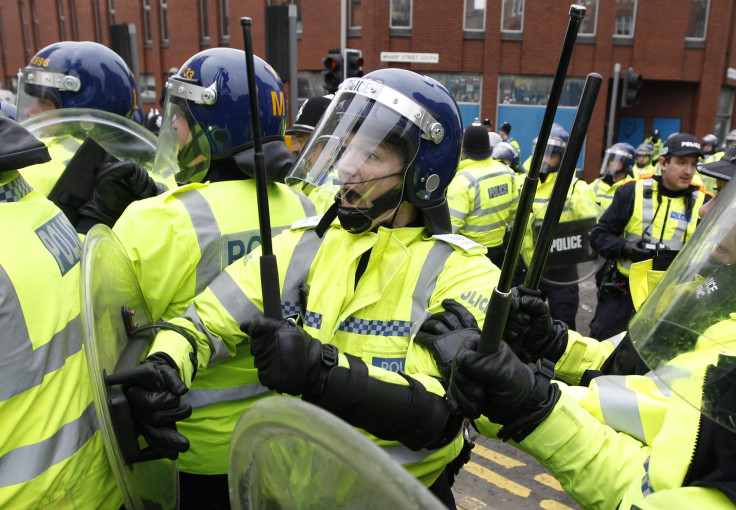UK Police Terror Tactics Post-Paris Attacks: Armed Officers Told To Ignore Injured, Head Toward Threat

In the wake of the terrorist attacks in Paris last month, firearms officers in the United Kingdom called to take on terrorist gunmen have been ordered to ignore the injured and dying and instead race toward the threat to minimize the number of casualties, the Guardian reported Tuesday. Since the Paris attacks, British police have been reportedly reviewing their tactics.
“We are asking them to do something different from what they did previously. It’s not about standing back but about going forwards towards the threat,” said Pat Gallan, Metropolitan Police assistant commissioner for special crime and operations, the Guardian reported. "In that there may be casualties and in meeting that threat they will have to look over casualties that might have been injured and wait until it’s safe for someone else to go and help.”

After the Paris attacks--in which gunmen claimed the lives of 130 people in a series of shootings and suicide bombings which targeted a concert hall, bars and restaurants--while negotiation is still an option, armed officers are now trained to meet the threat head on, rather than stand back. The terrorist group the Islamic State claimed responsibility for the carnage, and security chiefs reportedly believe ISIS has changed how they would kill their victims, so officers would have to storm in immediately in order to save the most lives. In the United States, a similar stance has taken hold with many police officials. Now, ordinary patrol officers—armed often with only a handgun—are often expected to head into attack without waiting for heavily-armed backup.
“If people are dying, you have to go in,” said John J. Miller, the deputy commissioner for counterterrorism and intelligence for the New York Police Department, the New York Times reported.
However, Gallan acknowledged that the British do not practice a shoot-to-kill policy, and added that, “every shot they (police) fire they know they are accountable for under the law," the Guardian reported.
© Copyright IBTimes 2024. All rights reserved.






















